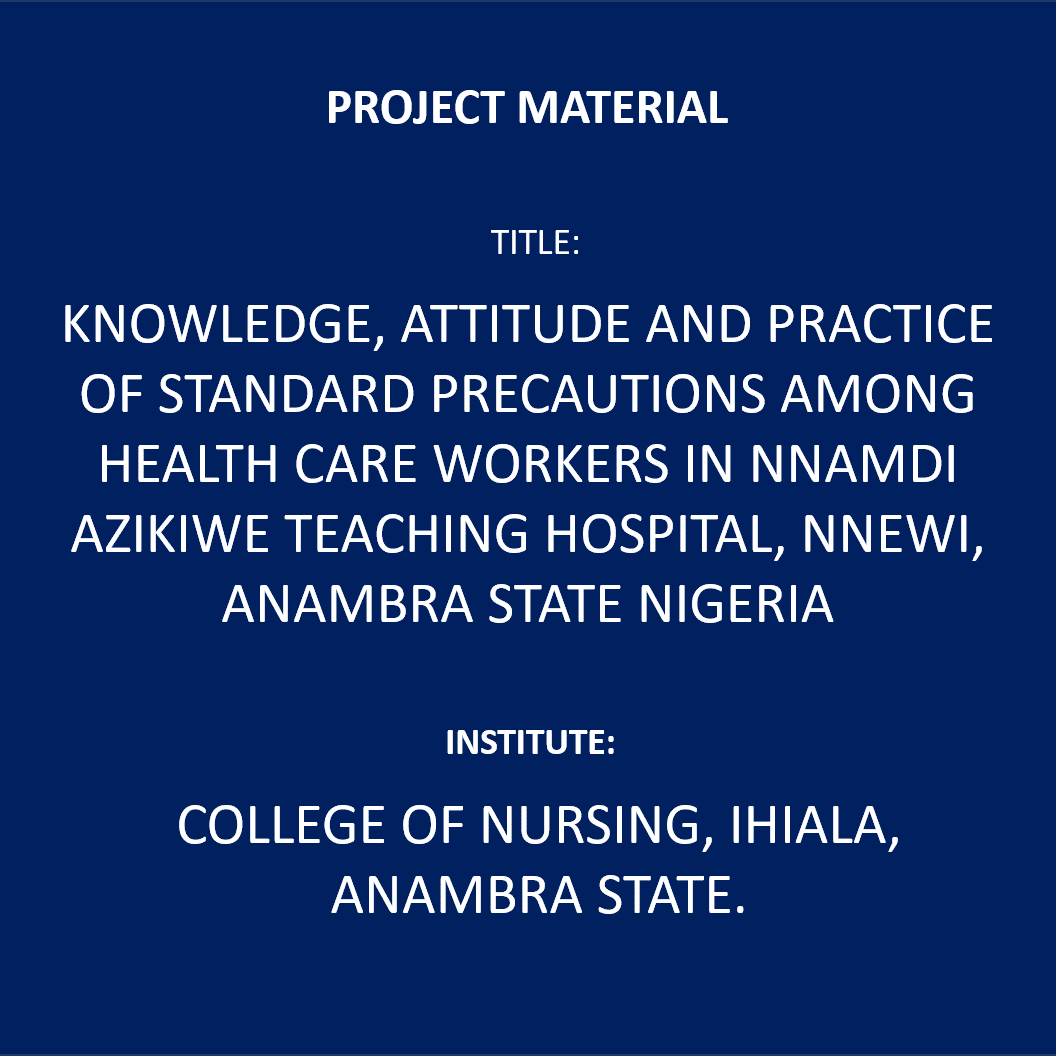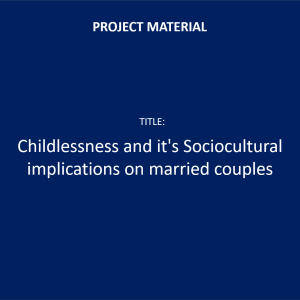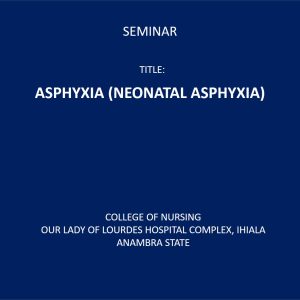No products in the cart.
Knowledge, Attitude and Practice of Standard Precautions Among Health Care Workers in Nnamdi Azikiwe Teaching Hospital, Nnewi, Anambra State Nigeria
₦3,500.00
The significance of this study hopes to examine the knowledge, attitude and practice of standard precaution among health care workers in Nnamdi Azikiwe Teaching Hospital Nnewi Anambra State Nigeria.
Background of the Study
Health care associated infections (HAIs) are considered as one of the serious problems that face health care providers while handling patient service. Those infections are common causes of morbidity and mortality among hospitalized patients. Improving patient safety has received too much attention worldwide and one of the first goals of the World Health Organization World Alliance for patient safety is to reduce HAIs (Ibrahim et al, 2021).
Health care workers (HCW) play an important role in providing prevention, diagnosis, treatment and care to people in diverse health care settings. World Health Organization (WHO 2020), defined HCWs as all people who are involved in all activities that aim at enhancing health, including those who provide health services such as the doctors, nurses, laboratory technicians, pharmacists and those providing health management and supporting services such as officers, drivers, cleaners, and cooks.
Health care workers are prone to infection of blood borne pathogens whenever they come in contact with infected body parts, blood and body fluid in the course of carrying out their duty. It is generally known that HCWs often come in contact with blood borne pathogens and other microorganisms. These exposures commonly occur during major or minor surgical procedures, during routine clinical and nursing services like simple physical examination, while handling laboratory specimens and during disposal of hospital wastes as well as during accidents and life saving emergency procedures. HCWs can equally transmit HAIs to their patients and may be the source of infection for their families and communities (Onyia et al, 2018).
- ₦2,500.00




